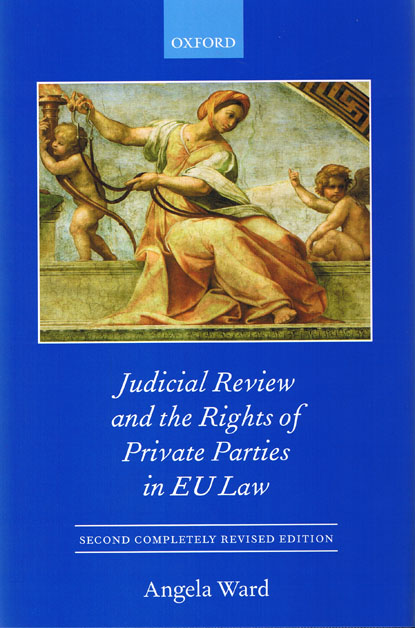
This book canvasses in detail the rights of private parties to enforce principles of EU law, both before the national courts and the European courts of First Instance and Justice in Luxembourg. These originally amounted to two distinct bodies of case law. However, particularly since the advent of Member State liability in damages, which was founded on the liability of EU institutions under Article 288(2), there have been increasing trends toward convergence in relevant principles in private party EU litigation; whether the defendant is a Member State government authority or an EU institution. On the other hand, emphasis on 'individual rights' continues to be greater in cases concerning enforcement of EU law against Member State bodies, while notions such as 'individual concern' under Article 230(4) remains a significant barrier to obtaining an effective judicial remedy by private sector actors aggrieved by the conduct of EU institutions.
This book expands on the earlier work 'Judicial Review and the Rights of Private Parties in EC Law' (OUP, 2000) by considering all three pillars of the EU Treaty. It also provides an up to date account of the rules pertaining to the enforcement of EU measures in national law, with a particular emphasis on Directives. The developments of Member State remedies and procedural rules, and developments in the law on nullity review (Article 230 (4)) , validity review (Article 234), and damages liability (Article 288(2)) are also detailed.